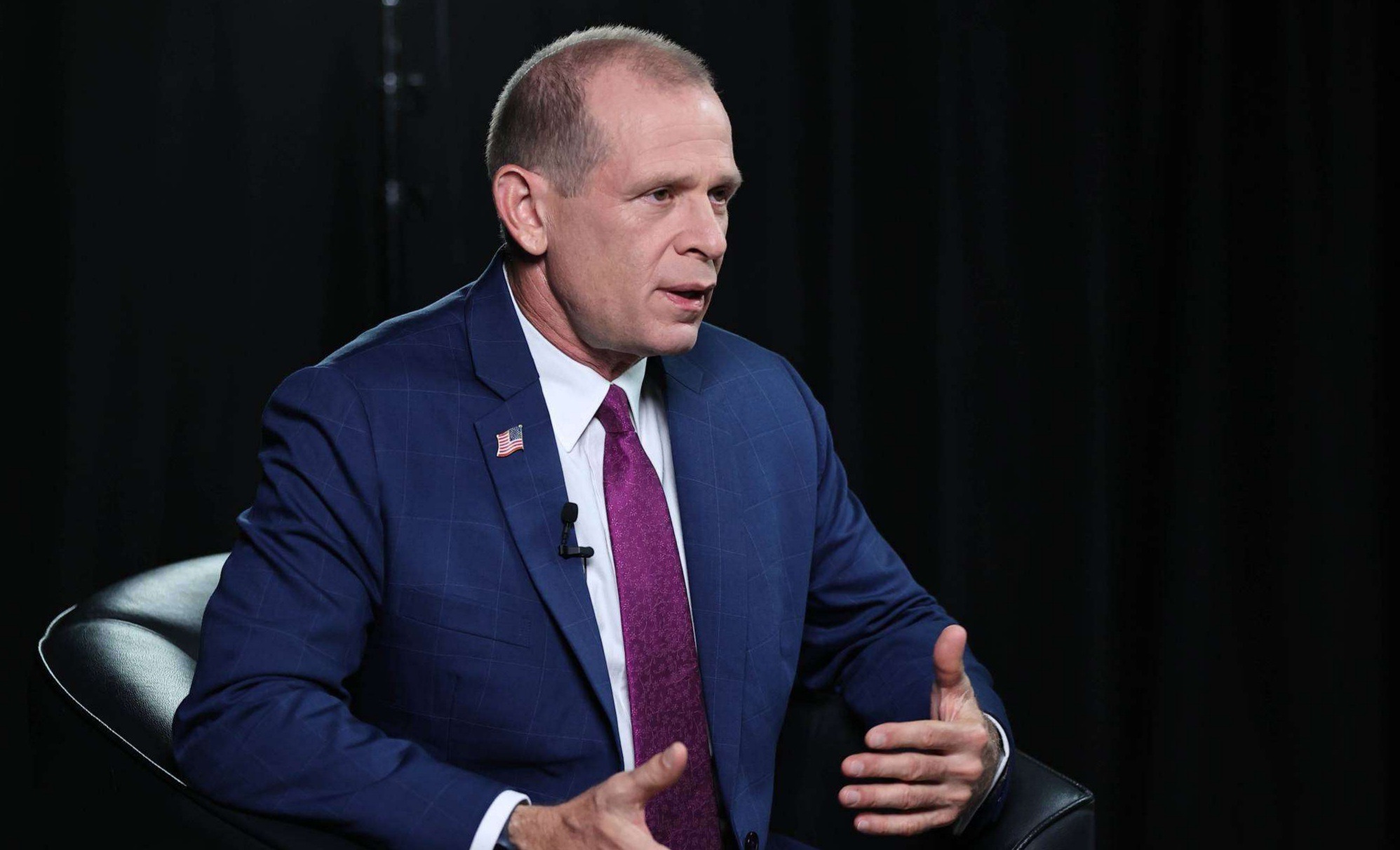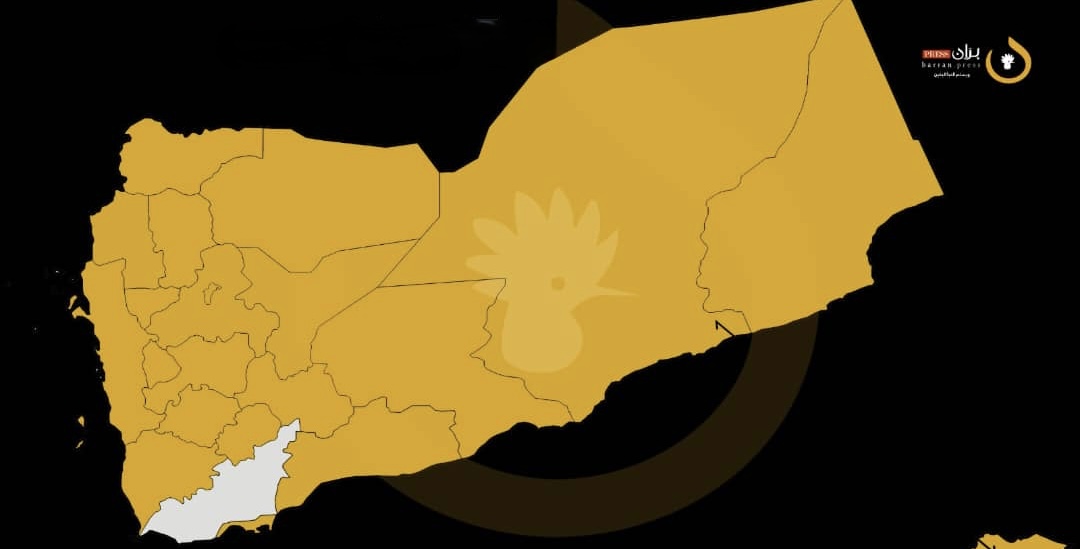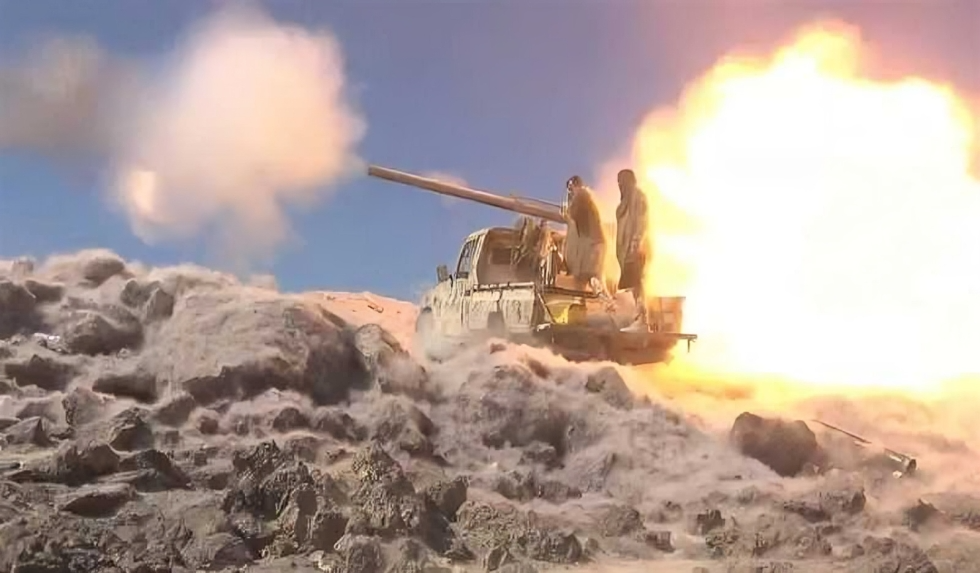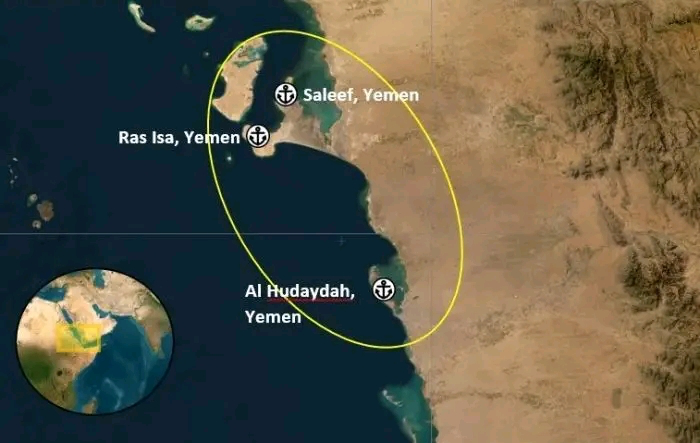
Barran Press
A senior US State Department official on Wednesday, August 28, 2024, accused the Houthi group, designated as a terrorist organization by several countries, of "undermining all international and regional efforts to end the ongoing civil war in Yemen."
"All the progress and diplomatic achievements (...) are now at risk because of what the Houthis are doing," said Sam Werberg, the US State Department's regional spokesperson, in an interview with Asharq Al-Awsat, referring to the group's attacks on commercial ships in the Red Sea.
"Therefore, we want to send a clear message to the Houthis to stop these attacks, return to focusing on internal affairs in Yemen, and establish a permanent ceasefire in Yemen," he added.
On December 23, 2023, the United Nations announced that the Yemeni parties had reached understandings to commit to a set of measures, including implementing a nationwide ceasefire, taking steps to improve living conditions in Yemen, and engaging in preparations for resuming a comprehensive political process under UN auspices.
The roadmap and peace efforts in Yemen have stalled since last November due to attacks launched by the Houthi group, globally designated as a terrorist organization, against commercial cargo ships in the Red Sea, the Arabian Sea, and the Gulf of Aden.
Regarding the continued Houthi attacks in the Red Sea despite the coalition formed by the US with other countries, Werberg confirmed that the "Prosperity Guard" coalition "succeeded in preventing the Houthis from launching wider and larger attacks and causing more damage to the region."
He added, "We remain deeply concerned, especially with the recent attack on the Sounion ship. There is a risk of a possible leak of one million barrels of oil into the Red Sea, a quantity four times larger than the Exxon Valdez disaster in 1989, which would affect the lives of Yemenis and Egyptians."
When asked to assess the "Prosperity Guard" coalition established by the United States and other countries, Werberg said, "The main objective behind this coalition and the coordination between the United States, the United Kingdom, and other countries is to prevent the Houthis from launching these attacks (...) Because of the coalition and the US and other countries' efforts, we prevented the Houthis from launching wider attacks and causing more damage to the region."
The regional spokesperson defended the weak US military response to the ongoing Houthi attacks in the Red Sea, stating that "the United States does not want a wider war, and all measures are taken to avoid the escalation of any conflict in the region, aiming to de-escalate."
He added, "Yes, we will not hesitate to take action to protect ourselves and the ships in the Red Sea, but we do not want to launch indiscriminate strikes against places where civilians may be present."
According to the US State Department's regional spokesperson, there is no direct communication between the United States and the Houthi group. He said, "There is no direct communication. We have the ability to send clear messages through the media or through some intermediaries in the region like the Omanis."
Since last November, the Houthi group, globally designated as a terrorist organization, has launched attacks using missiles and drones against commercial cargo ships in the Red Sea, the Arabian Sea, and the Gulf of Aden.
The group's attacks have led to increased maritime insurance costs and prompted several international shipping companies to favor the much longer route around the southern tip of the African continent.
To deter the Houthis, the "Prosperity Guard" coalition, led by the United States and with significant British participation, began airstrikes on Houthi positions in Yemen in January 2024. The group, in turn, expanded its operations to target ships linked to Washington and London, according to its own announcements.





